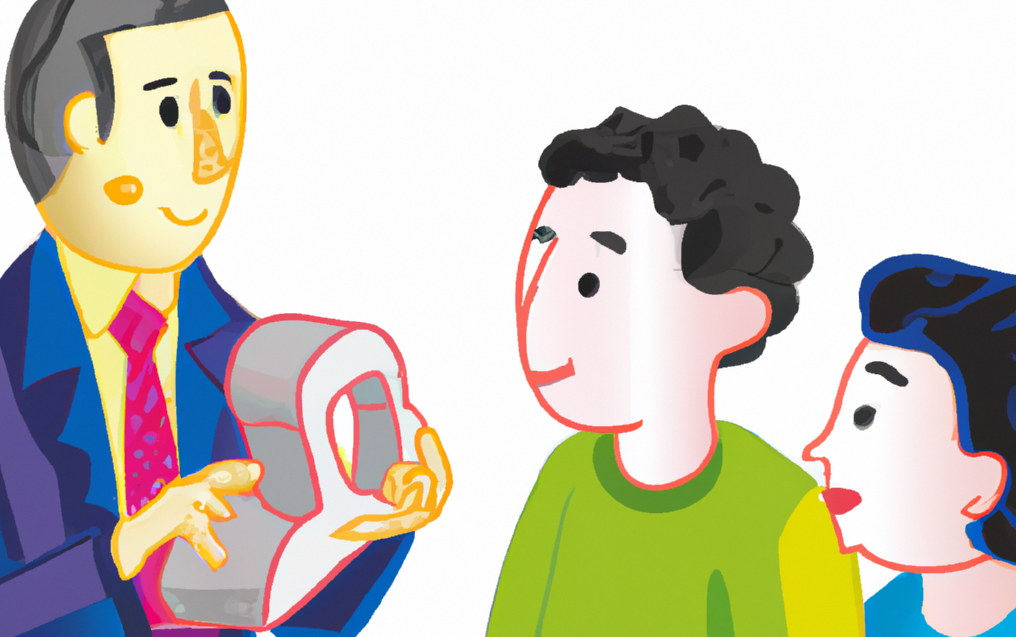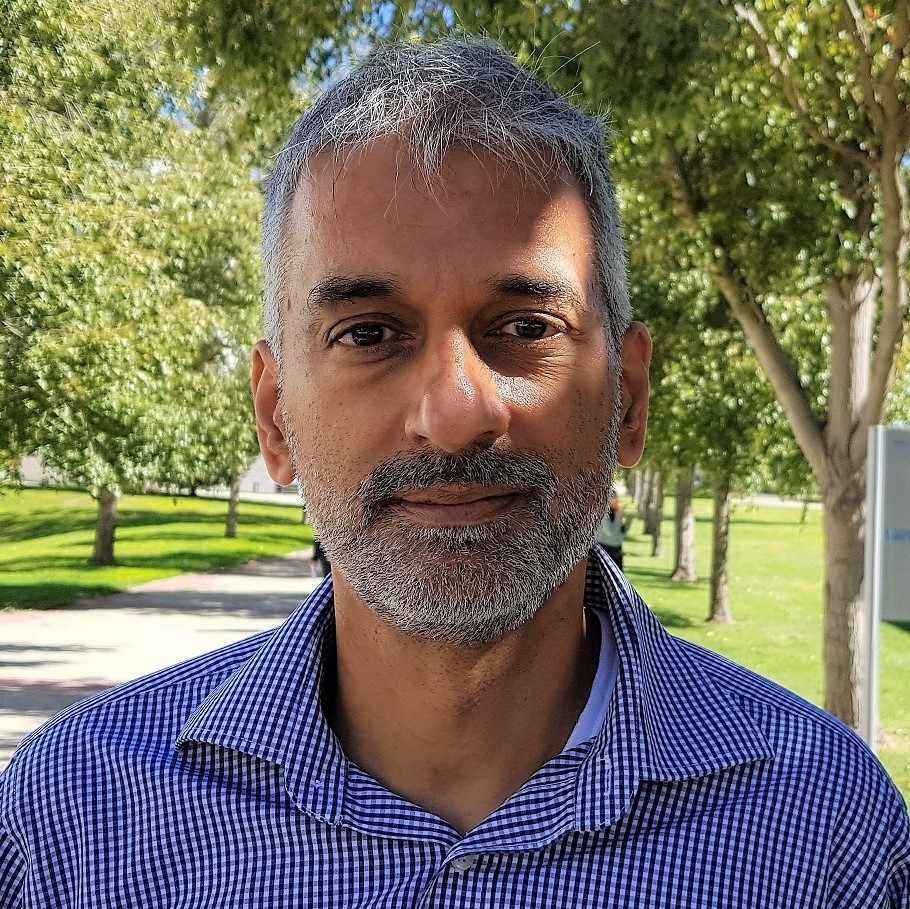
Dr Črtomir Podlipnik
Assist Prof. for Physical Chemistry at FCCT, University of Ljubljana.
ECTN
3D printing in higher education can transform learning, but lack of training, resources and time hold back adoption. MicroMOOCs solve this by equipping teachers with the knowledge and tools to integrate 3D printing into their classrooms, removing barriers and inspiring experimentation.


Incorporating 3D printing technology into higher education classrooms can revolutionize the way students learn and engage with complex concepts. This technology allows for hands-on and visual learning, encourages creativity and problem-solving skills, and enhances the overall learning experience. Despite these benefits, many teachers are hesitant to use 3D printing due to a lack of training, resources, and time. To address this issue, microMOOCs have been developed to equip teachers with the knowledge and tools needed to integrate 3D printing into their classrooms.
The goal of microMOOCs is to provide engaging and interactive lessons that offer teachers the necessary training and support to confidently use 3D printing technology in their classrooms. By emphasizing the benefits of this technology, providing access to equipment, and offering pre-made lesson plans and resources, microMOOCs help remove barriers to adoption and inspire teachers to experiment with 3D printing.
Overall, microMOOCs are helping to revolutionize how higher education teachers approach teaching and learning by showing that 3D printing is not as difficult or time-consuming as it may seem and by emphasizing its value as a total TPACK activity. Join us on this exciting journey to discover the possibilities of 3D printing for STEM education!
Upon successful completion of the entire course, the participants will receive the appropriate certificate.
No special requrements.

Assist Prof. for Physical Chemistry at FCCT, University of Ljubljana.

Assist Prof for Organic Chemistry at FCCT, University of Ljubljana.

MSc Student at FCCT, University of Ljubljana.

Prof of Chemistry, Juan Carlos University, Madrid, Spain
Assoc Prof at University of Perugia, Italy
| Course basic - Info | |
|---|---|
| Level | Basic |
| Commitment | 2 weeks, from 3 to 4 hours |
| Language | English |
| How to pass |
|
